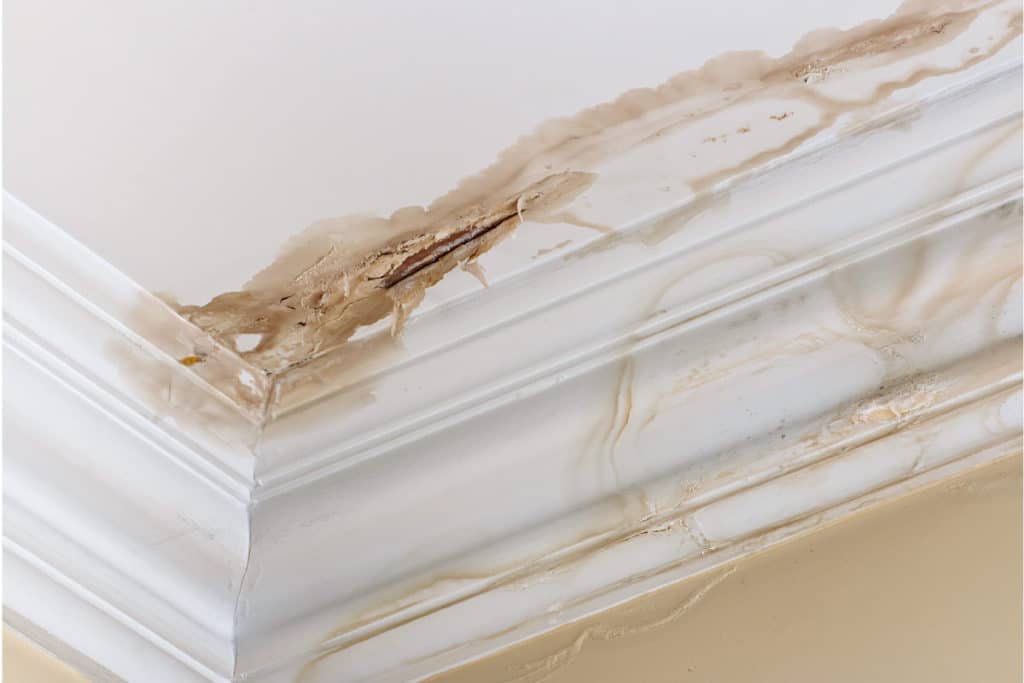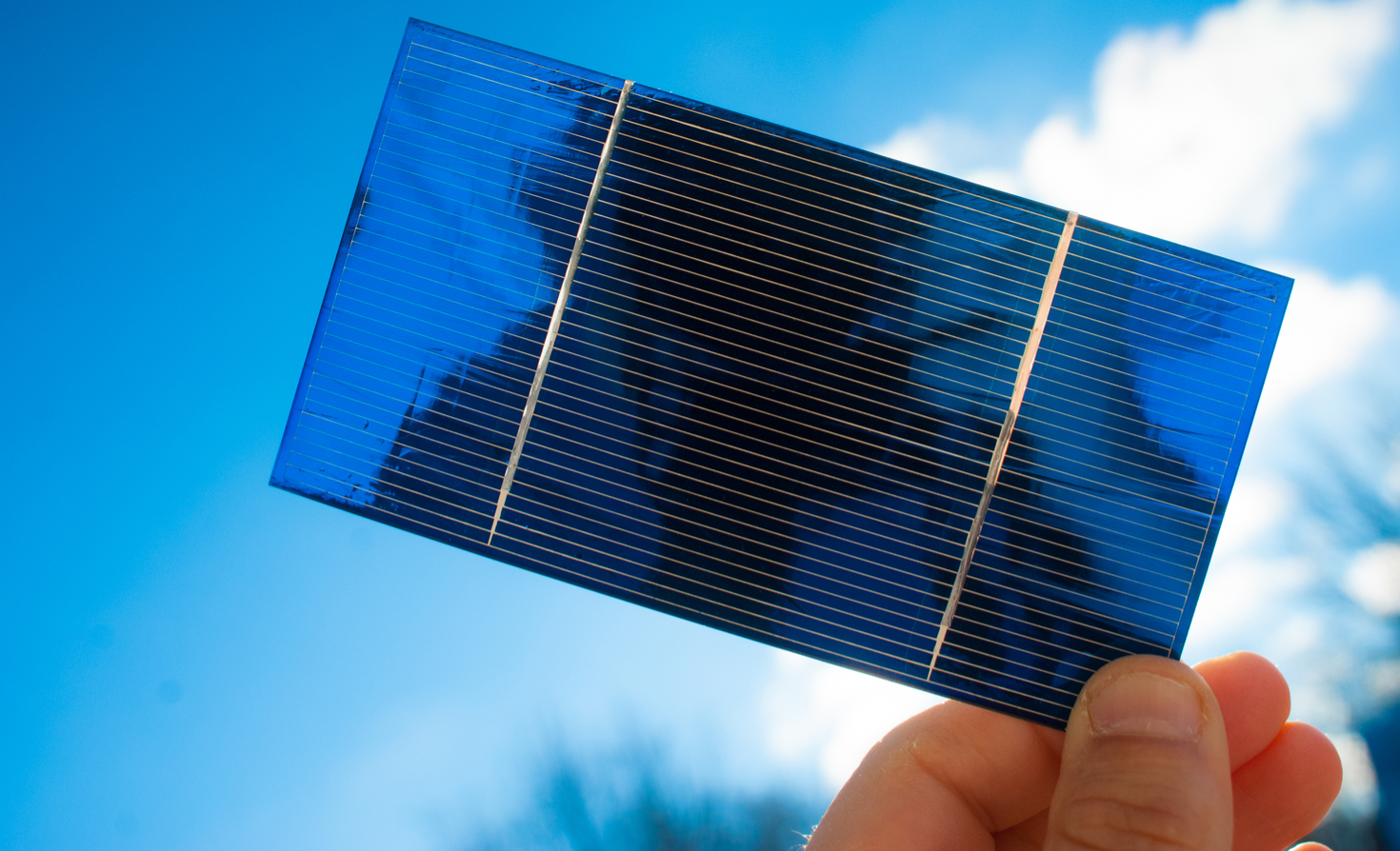After a solar panel system is installed, the panels will need to be angled towards the sun and secured in place. The inverter will also need to be installed and connected to the panels. Once everything is set up, your solar panel system will be ready to start generating power!
After your solar panels are installed, you can expect to see a reduction in your energy bills. Solar panels produce renewable energy that can help offset the cost of traditional electricity. In addition, solar panel installation may also qualify you for state and federal tax credits.
Once your system is up and running, it will require little maintenance other than occasional cleaning to keep it operating at peak efficiency.

Credit: la-solargroup.com
Do Solar Panels Work Immediately After Installation?
Solar panels are a great way to save money on your energy bill and help the environment. Many people think that solar panels only work during the daytime, but that is not true! Solar panels actually produce electricity 24 hours a day, even when it is cloudy or raining.
The only time they do not produce electricity is at night.
Do solar panels work immediately after installation? Yes, solar panels will start working as soon as they are installed.
However, it takes a few days for them to reach their full potential. Once they are fully operational, you will see a decrease in your energy bill!
What to Expect After Installing Solar Panels?
After you’ve had solar panels installed, you can expect lower energy bills and a smaller carbon footprint. Solar panels will generate most of your home’s electricity, so you’ll see a reduction in your utility bills. And because solar power is a renewable resource, it doesn’t produce emissions that contribute to climate change.
How Long Does It Take to Activate Solar?
There are a few things that need to happen before solar can be activated at a home or business. First, the site needs to be assessed to see if it’s a good fit for solar. This includes looking at the amount of sunlight the site receives, as well as any shading from trees or buildings.
Once it’s determined that the site is good for solar, then a system needs to be designed specifically for that location. After the system is designed, permits need to be obtained from the local government. Once all of these steps are complete, then the installation process can begin.
The actual installation process usually takes 1-2 days for a typical residential system.
What are the 2 Main Disadvantages to Solar Energy?
Solar energy is a renewable resource that can be used to generate electricity or heat. Solar power is captured through the use of solar panels, which convert sunlight into electrical energy. Solar energy can be used to power homes, businesses, and even vehicles.
There are many advantages to using solar energy, but there are also some disadvantages.
The two main disadvantages of solar energy are the high initial cost and the maintenance cost. Solar panels can be expensive to purchase and install.
The cost of a solar panel system can range from $10,000 to $30,000 depending on the size and type of system you need. Maintenance costs for solar panel systems can also be expensive. Solar panels need to be cleaned regularly in order to maintain their efficiency and keep them working properly.
4 Year Update – Are Solar Panels for Home Still Worth It?
How Long Does It Take for Solar Panels to Start Working
Solar panels are a great way to save money on your energy bill and help the environment. But how long do they take to start working?
It depends on the type of solar panel you have.
Some solar panels are designed to work right away, while others may need a few days or weeks to get going. If you’re not sure how long it will take for your solar panels to start working, ask your installer for more information.
In general, though, you can expect most solar panels to start generating electricity within a few days after they’re installed.
So if you’re thinking about going solar, don’t wait! The sooner you get started, the sooner you’ll be saving money (and helping the planet).
I Have Solar Panels Now What
If you’ve just installed solar panels, congratulations! You’ve made a great decision for the environment and your wallet. But now what?
How do you make sure your solar panels are running smoothly and efficiently? Here are a few tips:
1. Check your equipment regularly.
Just like any other appliance in your home, your solar panels need to be checked periodically to make sure they’re working properly. At least once a year, take a look at your panel’s performance data and compare it to previous years. If you see a decline in performance, there may be an issue with the panel itself or with the inverter that converts the energy from DC to AC power.
2. Keep them clean. Solar panels rely on sunlight to generate electricity, so it’s important to keep them free of dirt, dust, and leaves. A simple rinse with a hose every few months should suffice; more thorough cleaning may be necessary if there’s heavy debris build-up.
3. Monitor your usage. Take note of how much electricity you’re using during peak sun hours (usually around noon) and adjust accordingly.
Can Solar Panels Be Installed in the Rain
It’s no secret that solar panels are a great way to save on energy costs. But what happens when the sun isn’t shining? Can solar panels still work in the rain?
The answer is yes! Solar panels can actually produce electricity in wet weather, although they are less efficient than in dry conditions. Here’s how it works:
The photovoltaic cells in solar panels rely on sunlight to create electricity. When it’s raining, there is less sunlight available, which means the cells can’t produce as much power. However, they can still produce some electricity – just not as much as when it’s sunny outside.
So if you’re considering installing solar panels, don’t let a little bad weather stop you!
Do I Need to Tell My Electricity Supplier I Have Solar Panels
If you’ve installed solar panels on your home, congratulations! You’ve taken an important step toward reducing your reliance on fossil fuels and becoming more energy independent. But there’s one more thing you need to do before you can start reaping the benefits of your new solar system: notify your electricity supplier.
Why Do I Need to Tell My Electricity Supplier About My Solar Panels?
In order to take advantage of net metering, you need to let your electricity supplier know that you have solar panels installed on your property. Net metering is a billing arrangement that allows you to offset the cost of your electricity usage by crediting you for the power generated by your solar panels.
So, for example, if your monthly electric bill is $100 and your solar panels generate $50 worth of power, then with net metering in place, you would only be responsible for paying $50 to the electric company.
without net metering in place, the electric company would still charge you the full $100 monthly fee.
Not all states have net metering laws in place, so it’s important to check with your local utility provider to see if this option is available to you.
Even if net metering isn’t an option in your area, though, it’s still a good idea to let your electricity supplier know about your newly installed solar panels. This way, they can make any necessary adjustments to ensure that your home remains safe and connected to the grid.
How Do I Notify My Electricity Supplier About My Solar Panels?
Conclusion
The process of installing solar panels is a lengthy but rewarding one. After the panels are installed, you can sit back and enjoy the benefits of clean, renewable energy. With solar panels, you’ll save money on your energy bills, help to reduce pollution and carbon emissions, and make a positive impact on the environment.



